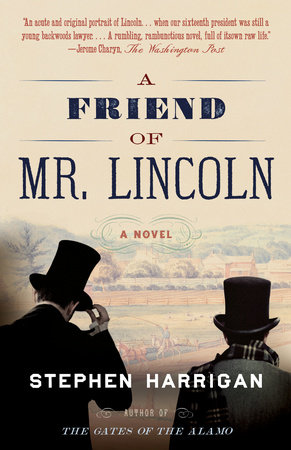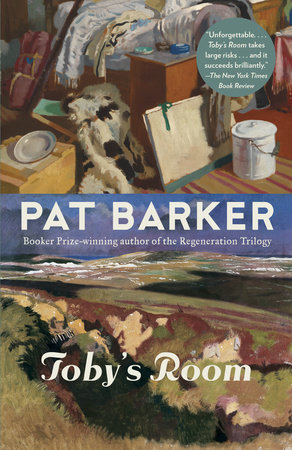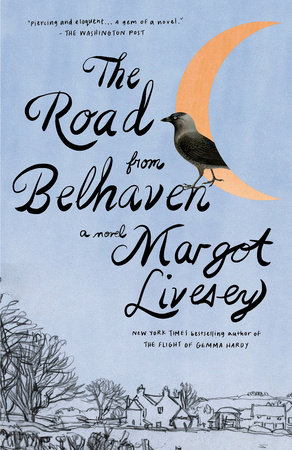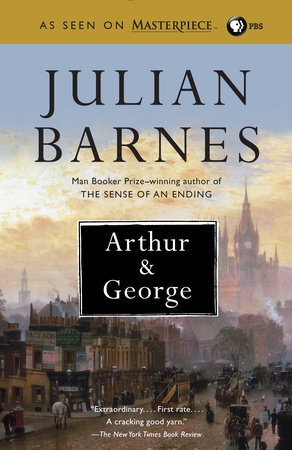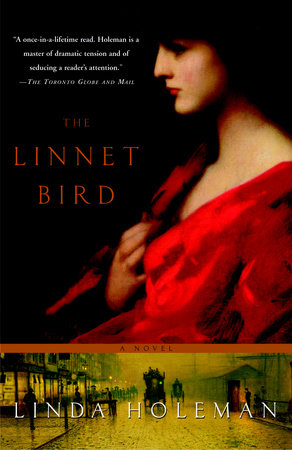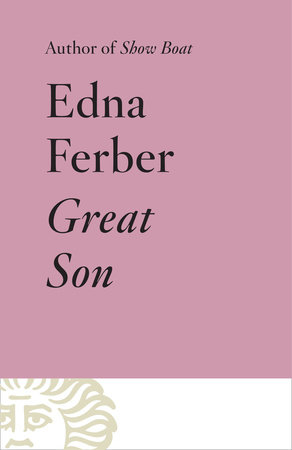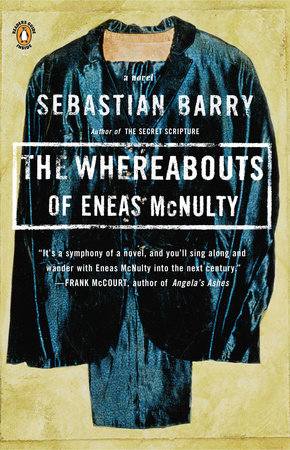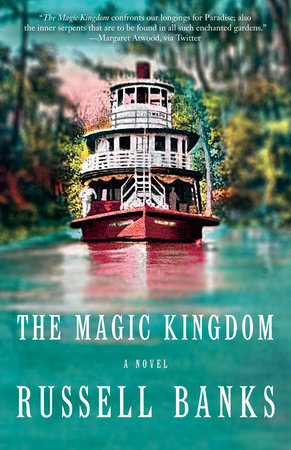A Q&A with
Stephen Harrigan
author of
A FRIEND OF MR. LINCOLN
Q: What drew you to this period in Lincoln’s life?
A: I was reading a Lincoln biography—Doris Kearns Goodwin’s Team of Rivals—and was struck by a line in a letter that Lincoln had written when he was in his late twenties and trying to make a start as a lawyer in Springfield, Illinois. Knowing very little about women or how to behave in their presence, he had become sort of accidentally betrothed to a young woman named Mary Owens. In one of the most equivocal love letters in American history, he dutifully stated that he was prepared to marry if she still wanted to, but “My opinion is you had better not do it.” That clumsy, clueless letter revealed a Lincoln I hadn’t met before, not a figure of grandeur and rectitude but someone who was confused and unsure of himself and plaintively human.
Q: Who are some of the other historical figures we’ll meet here?
A: Lincoln’s engagement to Mary Owens dissolved, but he did up marrying another woman named Mary—Mary Todd. Like her husband, she has entered history as a figure of endless fascination. My job in this novel was to take this mythical personage and try to conjure up what it would have been like to be in her company when her life was unaffected by tragedy and controversy, when she was young and vital and fun. Besides Lincoln, she’s the best known historical figure in the novel, but Springfield in the 1830’s and 1840’s was teeming with people who would make big names for themselves, people like Stephen Douglas, Edward Baker, John Hardin, and William Herndon. But I should point out that the title character—the “friend of Mr. Lincoln”—is someone I made up. But even though Cage Weatherby is a fictional character, a device through which I could infiltrate Lincoln and his circle, when I was writing the book he became as real to me as any of the real-life personages in Springfield.
Q: What kind of research informs the novel?
A: A novel like this requires a tremendous amount of research. In my case that meant several trips to Springfield, interviews with curators and historians and librarians, travels along Lincoln’s old judicial circuit, and saturation-level reading of biographies, histories, memoirs, letters, trial transcripts, chronologies, and legal papers. A knowledge of facts is crucial for an historical novel, but even more crucial is using those facts in a way that creates a deep intimacy with the past. My goal as a historical novelist is to write about a vanished time as seamlessly and matter-of-factly as if I were writing about the present moment.
Q: What little know facts about Lincoln’s life at this time will we find here?
A: I don’t think most people know how ferociously ambitious the young Abraham Lincoln was, how desperately he wanted to make a mark. As a young man, he was by no means a serene figure, but an endlessly striving and calculating politician. He was someone who had a powerful need to prove himself, and sometimes that raw need got in the way of his good judgment. He had a habit of slandering his political enemies in the press, and on one occasion this led to a duel that was called off only at the last minute. He was nominally against slavery but not above representing slave owners in court. He was a kind-hearted man who could be cruel and lacerating, someone who never took a drink but maintained an inventory of outrageously filthy jokes. He was constantly getting himself into trouble—and into “embrigglements” like his marriage to Mary Todd. He was subject to crushing disappointments and to suicidal depressions. In a lot of ways, he was sort of a mess.
Q: You have blended the historical with the fictional to great effect in earlier books. What was the experience like here in writing about Lincoln who is such an icon?
A: The first order of business for me was to try not to view Lincoln through the backward lens of history, but as a person of his place and time who was striving to get ahead. I felt that if I could demystify him in my own mind I would have a chance of presenting to the readers of the novel a character who would seem fresh and real, and not just an icon waiting to happen. That’s hard, of course, because we’ve been taught that Lincoln is the embodiment of American virtue. But I wanted to depict a Lincoln who wouldn’t have recognized himself in this idealized portrait—a Lincoln who didn’t yet know who he was or whether he could ever amount to anything.
